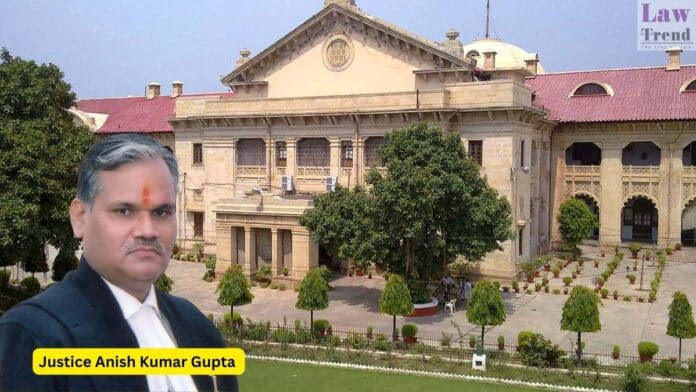In a significant ruling, the Allahabad High Court quashed the criminal proceedings against Shrey Gupta, accused of rape and extortion, underscoring that a consensual relationship lasting over 12 years cannot be treated as rape simply based on a breach of promise to marry. Justice Anish Kumar Gupta delivered this verdict, offering crucial clarity on the
To Read More Please Subscribe to VIP Membership for Unlimited Access to All the Articles, Download Available Copies of Judgments/Order, Acess to Central/State Bare Acts, Advertisement Free Content, Access to More than 4000 Legal Drafts( Readymade Editable Formats of Suits, Petitions, Writs, Legal Notices, Divorce Petitions, 138 Notices, Bail Applications etc.) in Hindi and English.




